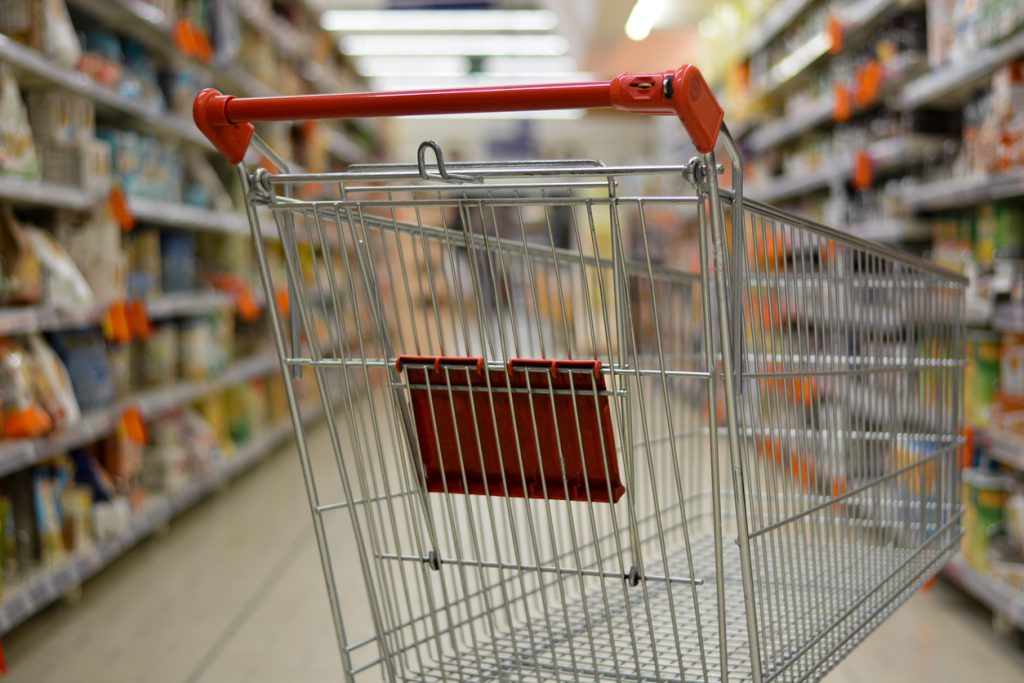Setting the record straight on inflation

Despite the worrying trend in the cost of living which has risen sharply in the last year, it seems some are trying to take solace from the fact that compared to the rest of Europe the situation in Malta is not as bad. This is the sentiment being emanated by the mainstream media with headlines like ‘Malta registers lowest inflation rate among EU countries’ or ‘Malta retains lowest Eurozone inflation rate in June’. Though one might argue that these headlines are a faithful reproduction of the statistics, there is nonetheless a feeling that there could be a catch somewhere. Just head to your local supermarket and grocery store to realise that prices are skyrocketing. How is it possible that fellow European citizens are faring worse?
The reason for these seemingly conflicting realities could lie in the way that the data is being quoted. While we have no reason to doubt on the reliability of the statistics presented both at national and European level, the devil could be in the detail. It seems few are aware that the inflation figure is computed by taking an average across an array of economic sectors such as clothing, food, housing, energy, beverages, tobacco, transport, personal care, recreation and even pet food. Hence, the overall rate of inflation might not necessarily reflect the trend being experienced in certain sectors.
This is the case for food prices in Malta. It transpires that in the Euro area the annual rates of inflation in June 2022 on food, alcohol and tobacco was 8.9%. In Malta, the respective rate was just below this level at 8.6%. However, this was significantly higher than in France (5%) and Cyprus (6.2%) – the latter sharing many similarities with Malta, being an island state in the Mediterranean with an open economy like ours. Consequently, it turns up the that the cost of living on essential items in Malta is increasing at par with the rest of Europe after all.
The same argument also applies to the retail price index – which is a different benchmark to measure the changes in the cost of living. Once again, the overall figure might not tell the whole story. In May inflation was at 6.02% but when considering food only the annual rise was much more pronounced at 10.6% and in the case of materials for house maintenance at 17.91%. Pet food was at12.32%.
On a positive note, energy prices in Malta are being kept under control thanks to government subsidies on water, electricity and fuel. However, it is only fair to present the entire picture rather than lump one figure when talking on inflation. Moreover, media house are bound to dig deeper into the figures rather than reproduce in toto what is being written by elsewhere.
Looking ahead, customers expect tighter controls from the authorities to empower them make informed decision as to whether retailers are hiking prices as a result of added costs from abroad or profiting from the situation to make an extra buck. All that this entails is better price monitoring. In this respect we do expect the authorities to come forward with proposals which would deter certain abuses. At present, the only tool for customers is to name and shame retailers abusing of the situation, on social media. However, government should not abdicate from doing its part to safeguard consumers and honest retailers.
